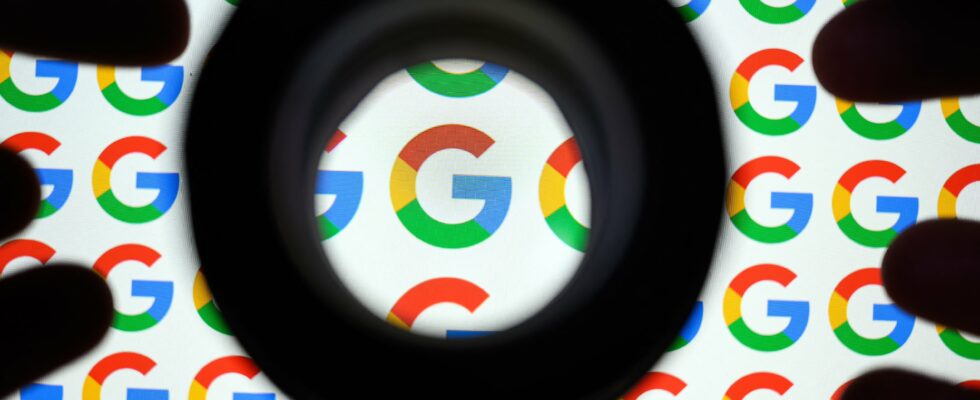It is a trial that could establish an extraordinary precedent in the management of the monopoly exercised by a handful of tech giants. Threatened with dismantling during a historic trial for anti-competitive practices, Google submitted proposals to the American courts on Friday, November 20, to avoid having to separate from its Chrome search engine, as requested by the government.
In a landmark ruling last August, Judge Amit P. Mehta of the Columbia District Court in Washington state concluded that Google had illegally maintained an unfair monopoly on online search by paying companies like Apple, Samsung and Mozilla to have its search engine appear automatically when users open a web page on their phone or computer. In 2021, Google paid a total of $26.3 billion under these deals. In response to this violation, the corrective measure turned out to be severe: the judge ordered the digital giant to sell Chrome, the most popular browser in the world.
An unprecedented punishment, which could also completely reshape Google’s activity (and perhaps even the digital economy as a whole), the company being so associated with online search that its name has become a synonymous verb. Last year, half of Google’s revenue, or $175 billion, was generated by search and related activities. The giant therefore does not intend to let this happen.
Make agreements more flexible without losing the monopoly
To avoid rifts, the group therefore formulated alternative proposals itself. In a 12-page document, he proposes to relax the agreements signed with smartphone manufacturers providing that Chrome be the default browser on their devices. But there is no question of abandoning its place of choice: to be able to continue paying companies in exchange for favoring Chrome, Google is proposing, for example, that Apple can choose other engines for the iPhone and iPad. Android could also include alternative engines, without requiring the installation of the Google search application or its AI assistant, Gemini.
The company also proposes that browser makers like Apple and Mozilla can change their default search engine at least every 12 months. “We are not proposing these changes lightly,” promised Vice President of Regulatory Affairs Lee-Anne Muholland in a blog post. “We believe they fully address the court’s findings, without endangering confidentiality and security of Americans or harm America’s position as a technological leader.”
Beyond the sale of Chrome, the government has called for the potential sale of Android and a ban on Google entering into paid deals to be the default search engine on devices. It also requires the giant to share its data and results with its competitors for ten years, or to divest from any artificial intelligence products that could compete with research, in order to prevent the company from dominating this emerging technology. .
In addition to being much more flexible, the measures proposed by Google would only apply to itself for a period of three years. The government is proposing to impose restrictive measures on the company for a full decade, to restore balance and give other companies time to catch up after this long period of monopoly. A request from the government which, according to Google, “exceeds the anti-competitive conduct found during the trial”. The company cited a 1955 federal court opinion saying that even when a company was found guilty of violating antitrust laws, a court had no “right to engage in a general scheme of complete control of the activities of the defendants”.
A decision that could shake up tech
Regardless of its final decision on whether or not to force a divestiture of Chrome, it is very likely that Google will appeal. “Nothing in this final judgment shall prohibit Google from granting compensation to a manufacturer of mobile devices or to an operator, concerning any Google product or service,” writes the digital giant in its proposal. What happens next could also depend on Donald Trump, who will return to the White House in January and will have the power to replace the Justice Department team in charge of the case.
Google’s efforts to fend off the government’s ambitious demands — the most significant relief sought in a tech monopoly case since the Justice Department sought to break up Microsoft in 2000 — could set a precedent for a series of others cases challenging the dominance of tech giants.
The Justice Department also sued Apple, saying the company made it difficult for consumers to leave its closed ecosystem of devices and software. Next year, the Federal Trade Commission is expected to go to trial against Meta, accused of stifling competition by buying Instagram and WhatsApp. The agency also filed a lawsuit against Amazon, accusing it of illegally protecting a monopoly in online retail, and is investigating Microsoft’s strength in cloud computing and artificial intelligence.
